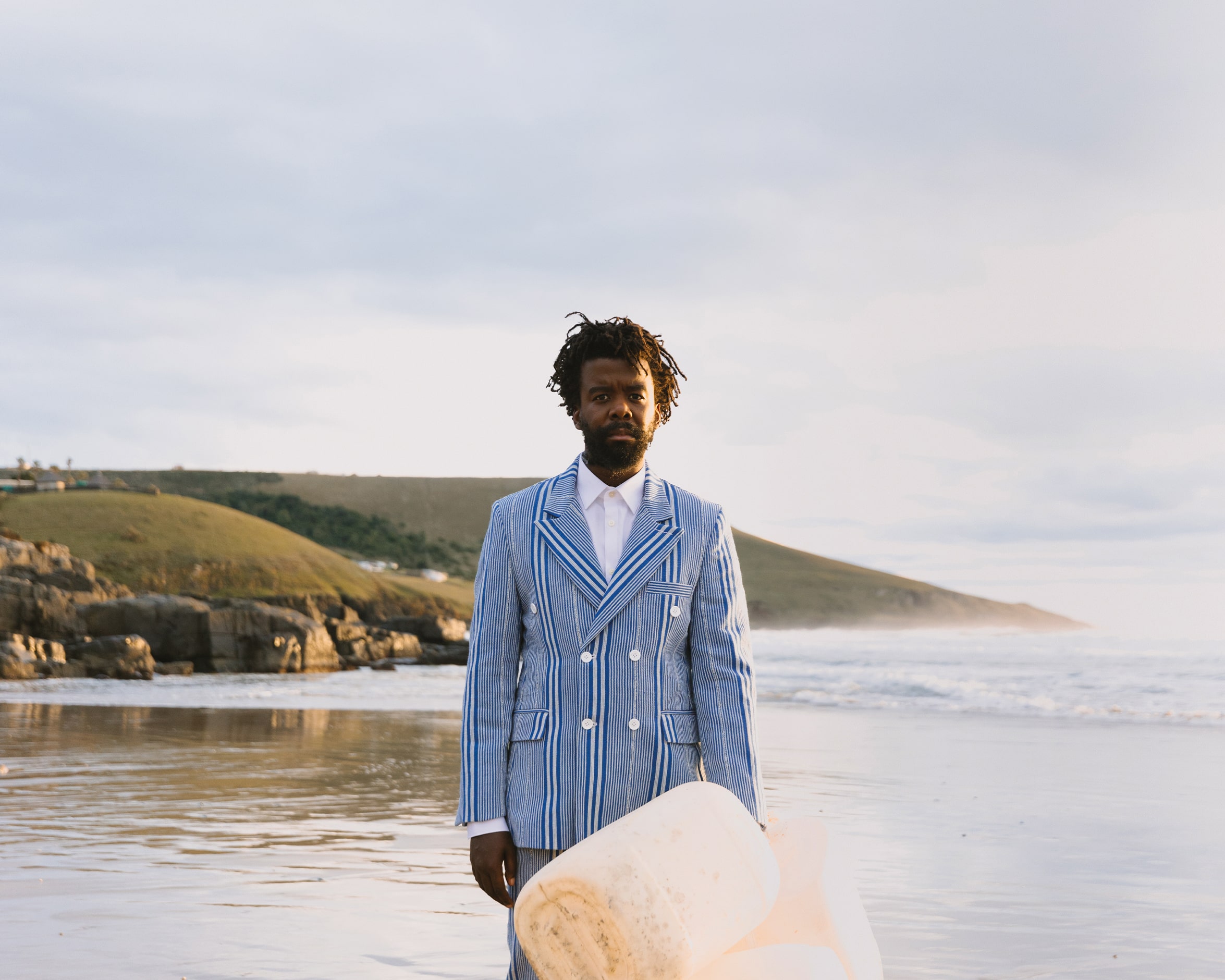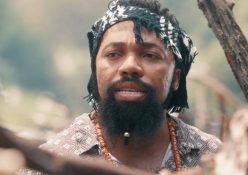If there’s one musician who has captured the hearts of South Africans, it’s this jazz maestro, who tells his life story through song.
Comrades Marathon, check. The National Arts Festival, done. Kirstenbosch again, tick. A masters degree, sorted. New music, countless shows all over the country and more on the horizon. That’s not even a typical month in Mandisi Dyantyis’ life. We’ve just made it to the other side of the year and the man has been busy. Whenever he says “We’ve heard your cries” on social media, fans know a new show is coming. And he’s been hearing a lot of cries. He’s performed in almost all the provinces in the first half of this year. And this month, he’s headed to Joburg again, this time at the Market Theatre to showcase a new repertoire of songs.
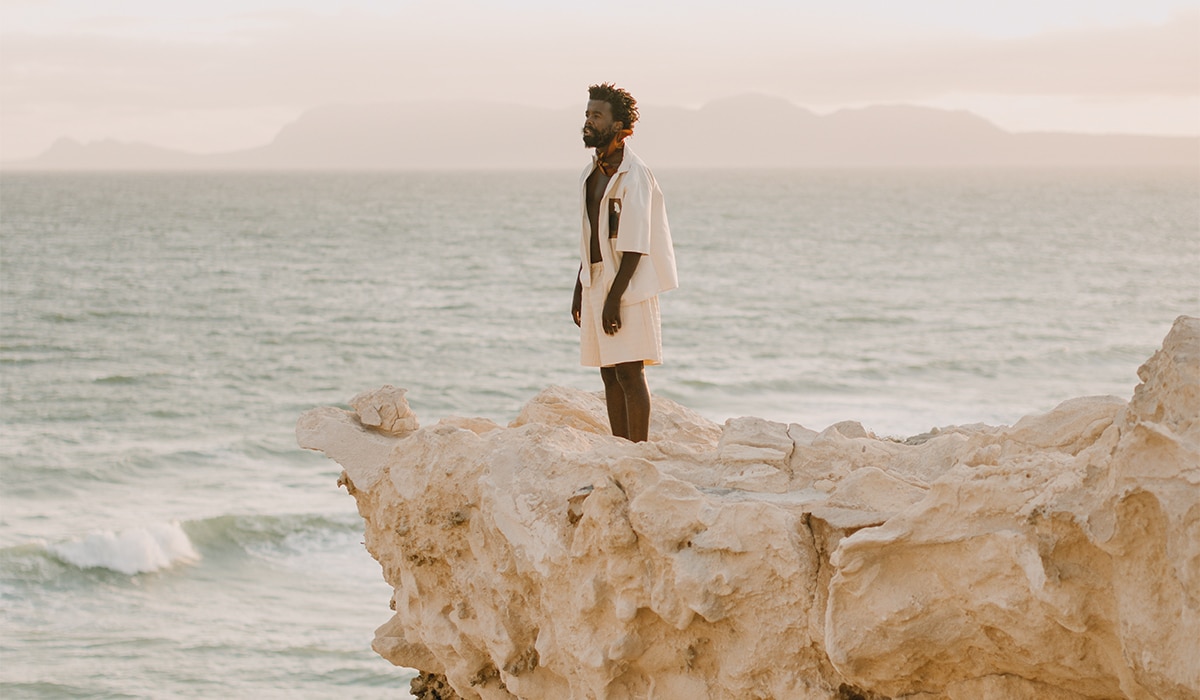
When you ask his fans what appeals to them about his music, they all have different answers. But one thing they will agree on is the feeling that his music brings – a sense of home. And it is intentional.
In a wide-ranging interview, Mandisi tells me just what makes his music appeal to his broad audience. “My music is transportation that takes you home. I say to people, remember where you come from. If we as people don’t know where we come from, we will have problems we can’t solve because we don’t know who we are.”
A celebration of language
Mandisi, a dyan of note, sings exclusively in isiXhosa. With a fan base that stretches across SA as well as overseas, he’s deliberate about his music and identity.
“Singing in isiXhosa was/is intentional. It’s who I am. I am Xhosa. We need to look for the easy things that remind us of who we are. You can talk big about knowing who you are and be your authentic self, but if you ask a kid growing up who they are, they will say, ‘I don’t know, I am who I am.’ But we need to find those little nuances.
“My starting point is my language. Can I own it? Can I enjoy it? Can I express myself in it? Can I tell stories in it? Can I get other people to connect to it, even though they don’t understand it? That was the first catalyst,” he told GQ magazine.
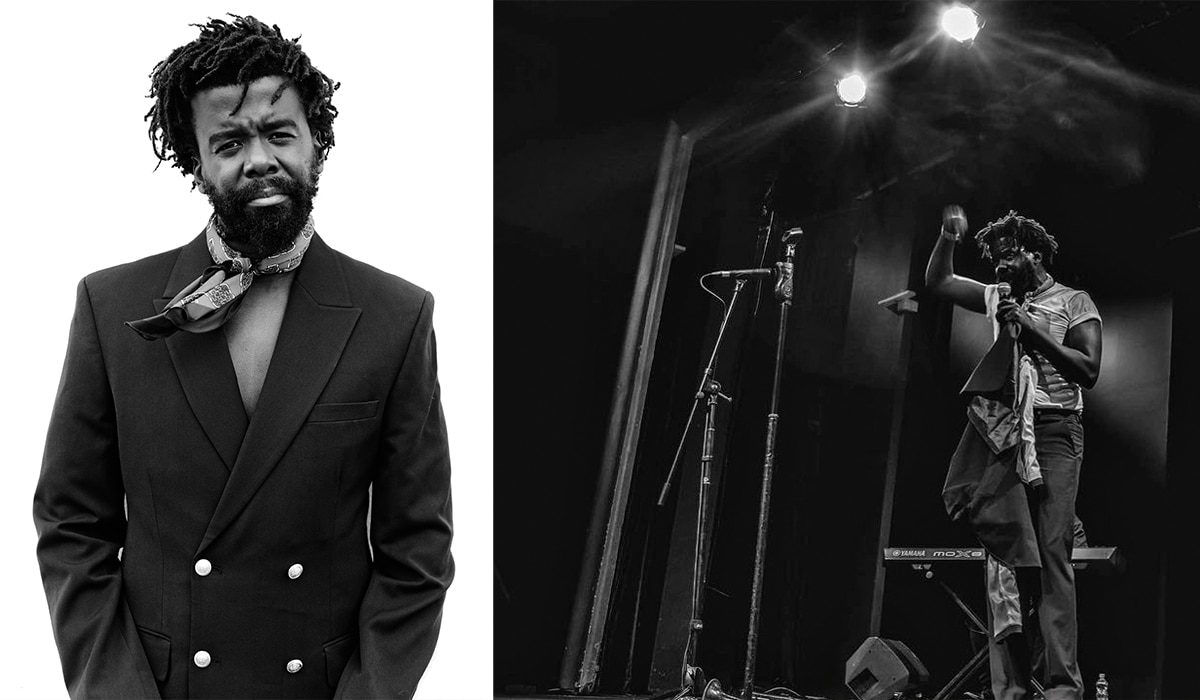
The list of his hits includes ‘Molo Sisi’, a flirty introduction to a woman that takes you back to the days of corner meetings with your first love. ‘Xola Ntliziyo’ is a deeply spiritual and emotionally heavy song that sets out to soothe those in pain; ‘NguMama’ has become a national anthem for fans, and ‘Ziyafana’ covers the political climate in South Africa.
“If I am telling my story, I must tell it in isiXhosa. I must sing it in my language because that’s what I heard when I was growing up. I want people to find their truth in my sound.”
When Mandisi is not singing or writing music, he’s watching documentaries on culture and religion or reading African stories.
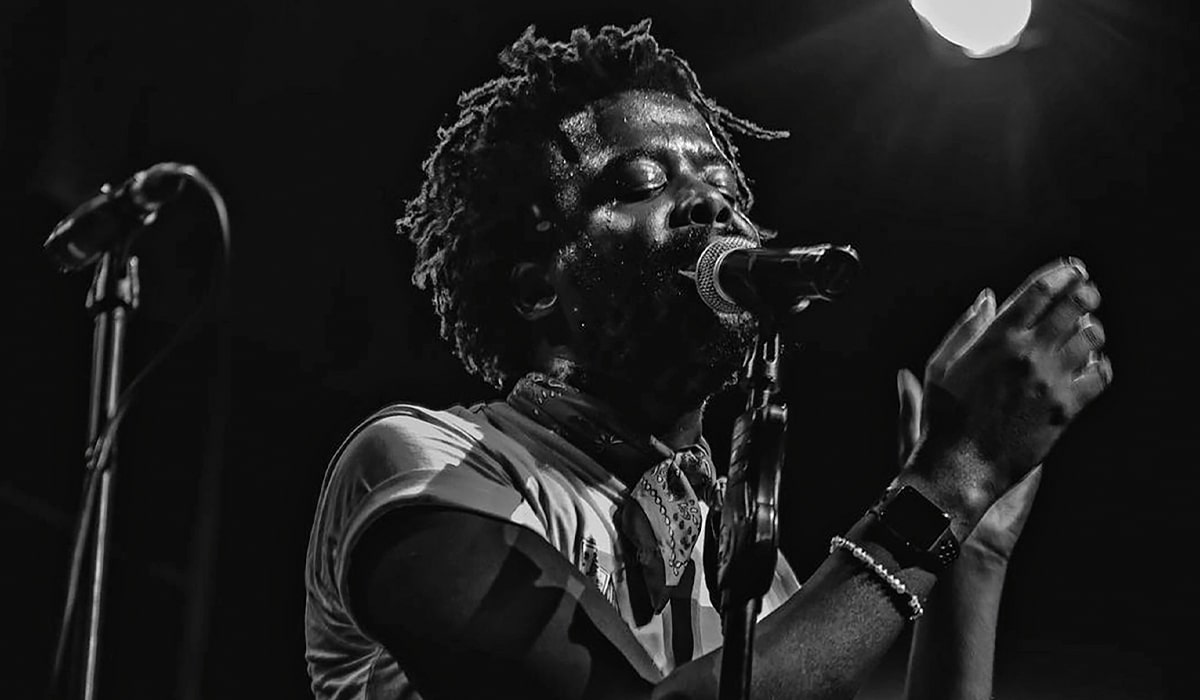
The man behind the instrument
He recently performed at the International Jazz Day All-Star Global concert in Morocco with some of the biggest names in the genre in Africa. Mandisi also had two shows celebrating the 50th National Arts Festival in Makhanda (formerly Grahamstown).
View this post on Instagram
He closed off last year with a show with an 18-piece orchestra in Johannesburg, one of the cities that’s always clamouring for more Mandisi performances.
But who is Mandisi Dyantyis? He’s a proud jazz artist whose main areas of expertise include being a composer, trumpeter, singer, music director and conductor.
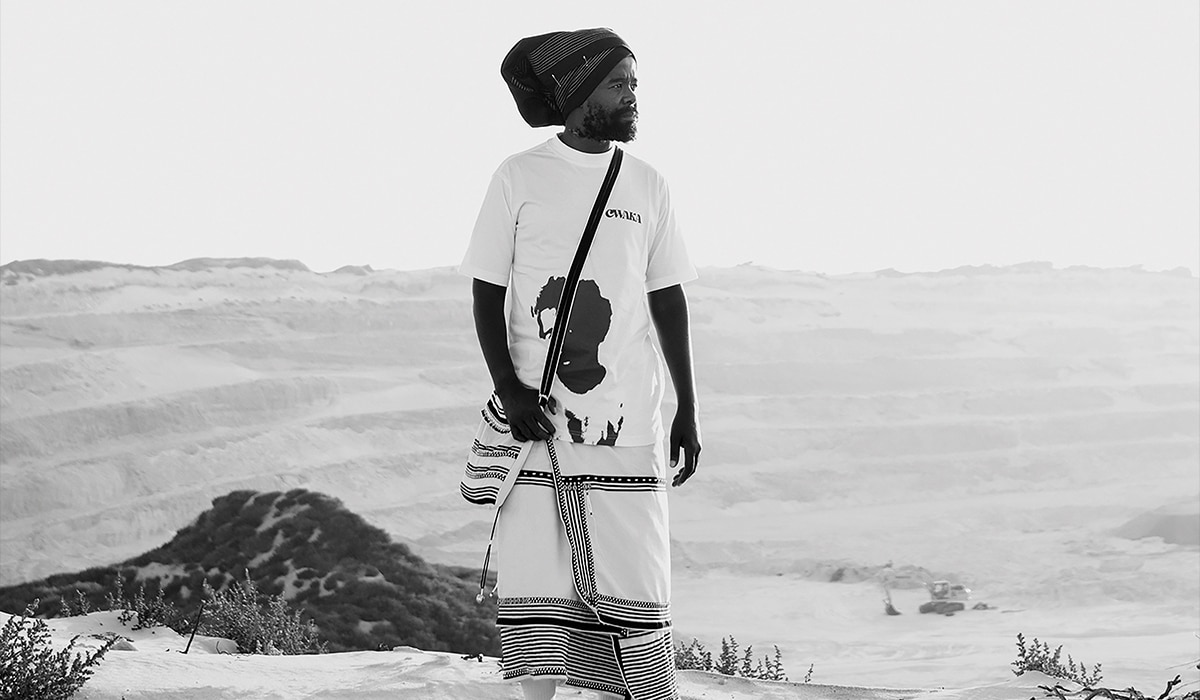
And he’s a man who is very private about his personal life. So much so that it is a closed book. What we do know is he recently obtained his masters degree in music, which was no easy feat.
“I am very proud of my achievement. What education does for you is that it also gives you language and the ability to articulate what God has blessed you with naturally. You cannot just tell a pianist to play du-du-du-du and be unable to articulate what key you want it in. In IsiXhosa we say ilifa lezidenge lityiwa ngaba hlakaniphileyo, loosely translated to mean that you may have the gift but if you do not work at it, others will benefit from it more than you do,’ he told Drum.
If there’s one thing he will talk about, it is music. He grew up surrounded by it at home, at church and in school.
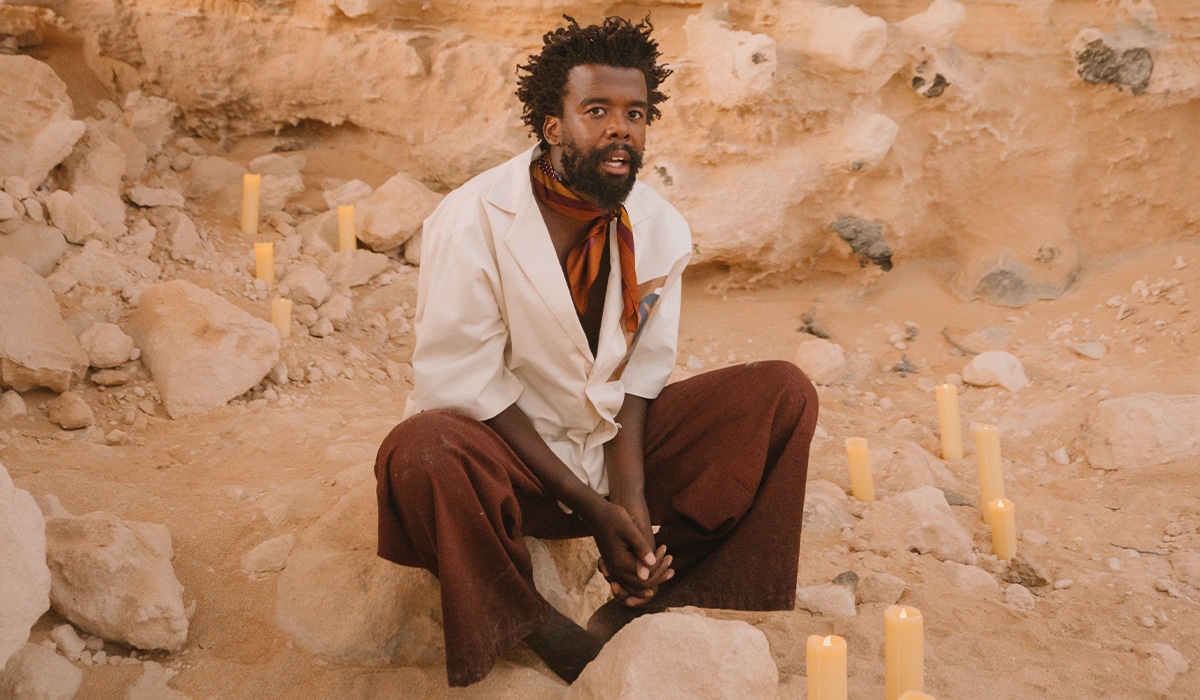
“I’m the youngest and my sisters and cousins sang. At home we would often take a hymn book and sing it from the first to the last song. We didn’t necessarily have a cassette, vinyl player or CD player. But music was just part of our fabric. It wasn’t special – everyone did it,’ he says. “In primary school I was in a choir, so that’s why when I think of music, I think of community, of working together.’
Mandisi was around 12 years old when he decided music was something he would pursue as a career. “When I was in primary school, everyone kept telling me that I would one day be a musician. Music was easy for me. It was hard work, yes, but even when I didn’t try, it was just there. It made me happy.’
He moved from Pendla Primary School in New Brighton (in then Port Elizabeth) to a former Model C school, all thanks to music. His voice and passion eventually landed him a bursary to study at the University of Cape Town, and he made the most of it.
“I had wanted to be an opera soloist or conduct an orchestra, then I started writing music. There was a point where I forgot I could sing – I just played the trumpet and wrote music.”
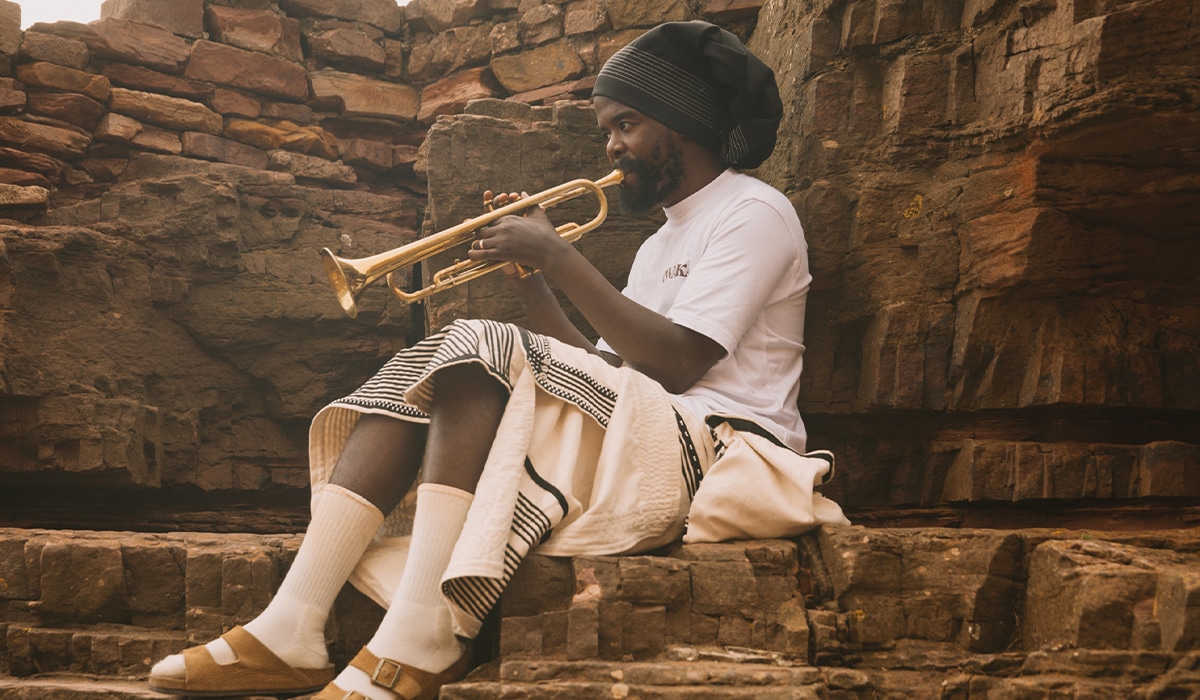
Music is life
While some of his music tugs at the nostalgic strings as they remind fans of church, home, imigidi, intlombe and various other traditional events, Mandisi also has a large portfolio of music he’s written himself.
Songwriting takes a lot out of him, he told GQ. “I write for the things I feel, that concern me, touch me – things I think about or see. Most of my songs are based on the human condition.
“How does love affect me? How does loss and despair affect me? How does it feel to lose things that you’ve had like family, friends? How does the quest to try and live a life go when everything looks like it’s just not going right everywhere? But then we have another opportunity to live tomorrow, another opportunity to live the next day. So how do we navigate ourselves?”
Mandisi’s music tells a story, but he says, “I couldn’t tell my story without using my voice. My story starts with the Sunday school hymn, ‘Owaqal’Esemncinane’. There were also nursery rhymes like ‘Unomaza’ and ‘Yintombi Enjani’. My story starts there. So I had to use my voice to tell my story.”
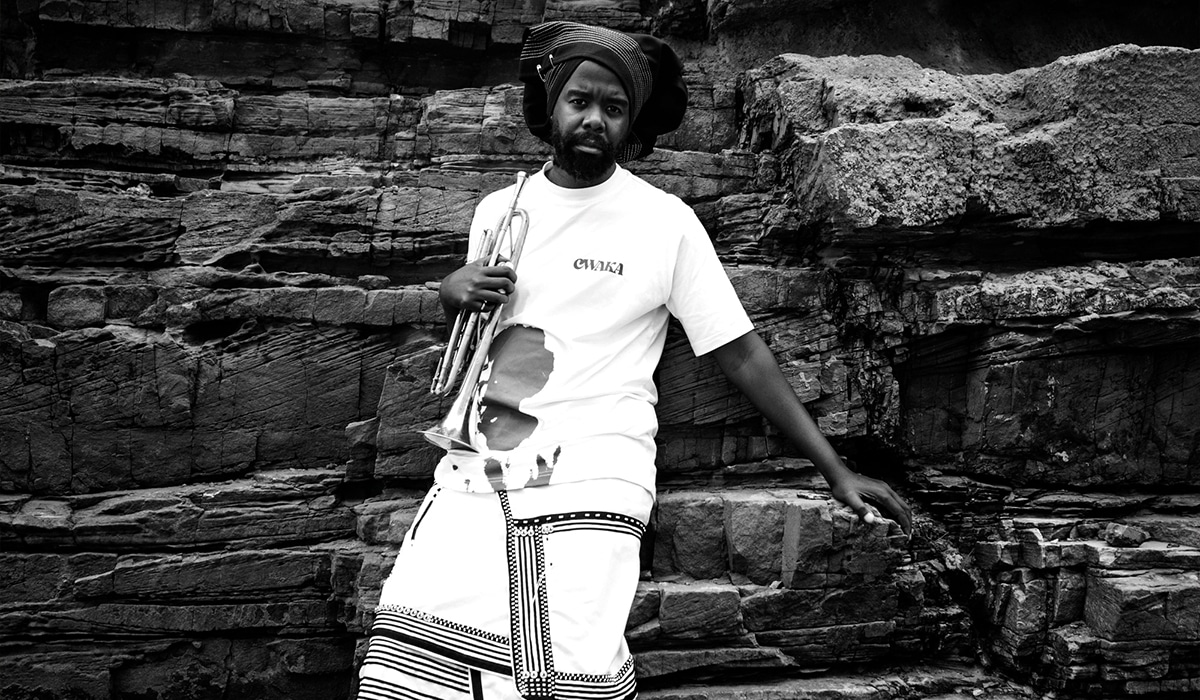
Follow him
Website: https://mandisidyantyis.com/
Facebook: Mandisi Dyantyis
Instagram: @dmandisi
X: @dmandisi
Words by Thulani Gqirana
Photography: Dan Carter and Vuyo Giba
Stylist: Asanda Sizani
Also read: How these three local creatives celebrate their heritage



